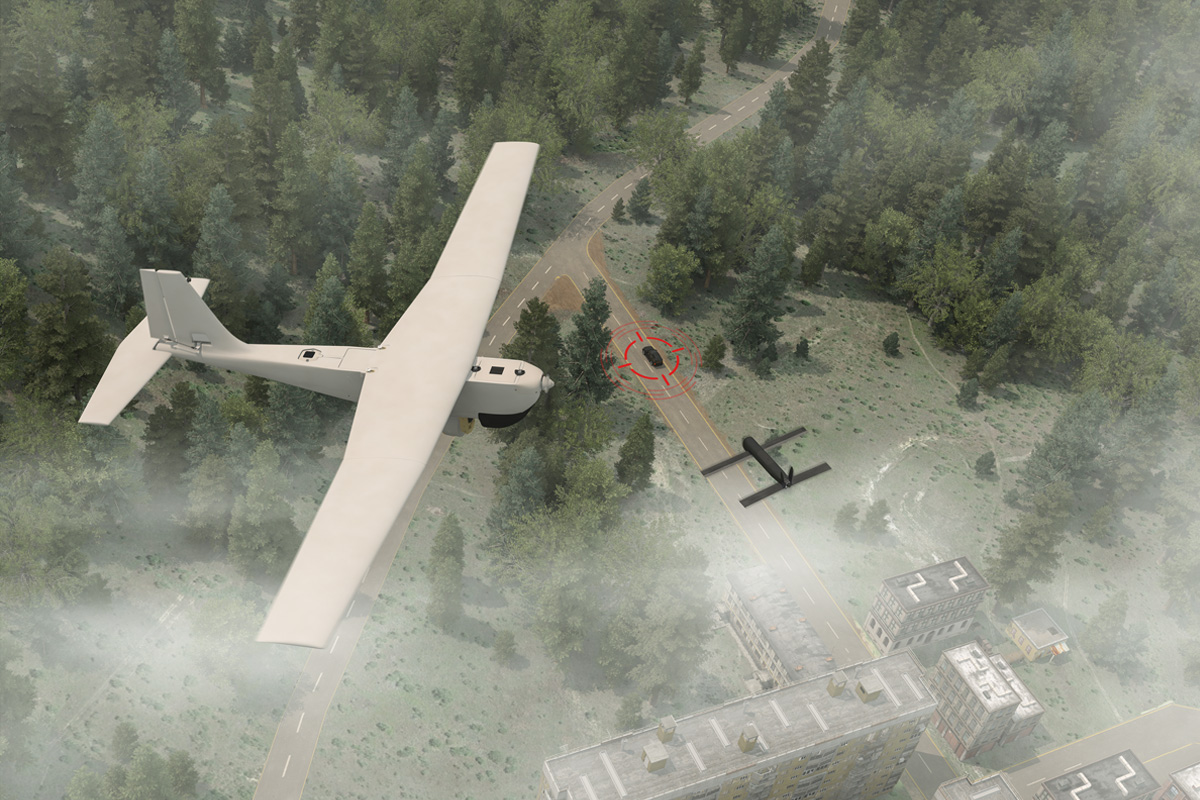AV's Architectural Wind(TM) System Installed at Boston's Logan Airport, Home of 1st LEED-Certified Air Terminal
MONROVIA, Calif., Jul 22, 2008 (BUSINESS WIRE) -- AeroVironment Inc. (NASDAQ: AVAV), a leader in unmanned aircraft systems and efficient electric energy systems, has announced that its Architectural Wind system has been installed at Boston's Logan International Airport Office Center as part of a project commissioned by the Massachusetts Port Authority (Massport). The installation comprises 20 five-bladed wind turbines and ties in with a comprehensive energy management plan that Massport has established for all its facilities.
"At Massport, we are continually striving to improve our facilities - making them more energy efficient as well as environmentally and user friendly," said Project Manager Terry Civic. "The installation of the Architectural Wind turbines at Logan Airport is one of the many initiatives underway designed to exceed national standards for energy efficiency, and we look forward to significant energy-saving results." Logan International is home to the nation's first airport terminal awarded Gold Level certification for Leadership in Energy and Environmental Design (LEED®) by the U.S. Green Building Council.
AV's Architectural Wind is a small, modular building-integrated wind turbine system. It is designed for quick and easy installation onto the parapet of a concrete tilt-up, pre-cast, or other low-profile building. Installation results in little or no structural impact and tall support towers are not required. For the Logan Airport installation, AV worked closely with Massport to incorporate the turbines on their building without any occupancy disruptions. The patented design and positioning of the system on a building takes advantage of the natural acceleration in wind speed resulting from the building's aerodynamic properties. This increased wind speed can increase the turbines' electrical power generation by more than 50% compared to the power generation that would result from systems located outside of the acceleration zone.
Architectural Wind systems have been installed on buildings throughout the country - including the new Kettle Foods potato chip factory in Beloit, Wis.; Laughlin Air Force Base near Del Rio, Texas; and the St. Louis County Government Service Center - providing not only reliable, non-polluting, renewable energy, but also a visual demonstration of customers' commitment to clean energy. AV's sleek-looking wind turbine recently won the Red Dot International Design award (for design concept in the "green" category) and the Annual Design Review award (in the equipment category) from I.D., The International Design Magazine.
More information about the Architectural Wind system is available via email at wind@avinc.com or on the Web at www.avinc.com/wind.
AV is a pioneer in advanced energy system technologies. Since 1977, it has maintained a continuous presence in wind power technology, conducting more than 250 sponsored projects and investing in and developing wind farms. AV's new building-integrated Architectural Wind wind-turbine system provides an attractive clean-energy-generating technology for use in both urban and suburban environments and is especially suitable for airport facilities.
About AeroVironment, Inc. (AV)
Building on a history of technological innovation, AV designs, develops, produces, and supports an advanced portfolio of Unmanned Aircraft Systems (UAS) and efficient electric energy systems. The company's small UAS are used extensively by agencies of the U.S. Department of Defense and increasingly by allied military services to provide situational awareness directly to tactical units through real-time, airborne reconnaissance, surveillance, and target acquisition. AV's PosiCharge® fast charge systems eliminate battery changing for electric industrial vehicles in factories, airports, and distribution centers. More information about AV is available at www.avinc.com.
Safe Harbor Statement
Certain statements in this press release may constitute "forward-looking statements" as that term is defined in the Private Securities Litigation Reform Act of 1995. These statements are made on the basis of current expectations, forecasts and assumptions that involve risks and uncertainties, including, but not limited to, economic, competitive, governmental and technological factors outside of our control, that may cause our business, strategy or actual results to differ materially from those expressed or implied. Factors that could cause actual results to differ materially from the forward-looking statements include, but are not limited to, our ability to perform under existing contracts and obtain additional contracts; changes in the regulatory environment; the activities of competitors; failure of the markets in which we operate to grow; failure to expand into new markets; failure to develop new products or integrate new technology with current products; and general economic and business conditions in the United States and elsewhere in the world. For a further list and description of such risks and uncertainties, see the reports we file with the Securities and Exchange Commission. We do not intend, and undertake no obligation, to update any forward-looking statements, whether as a result of new information, future events or otherwise.
SOURCE: AeroVironment, Inc.
Editorial Contacts
AeroVironment
Steven Gitlin, 626-357-9983
pr@avinc.com
or
Focus Communications
Stan Michelson, 562-437-9933
stan@4focus.com
